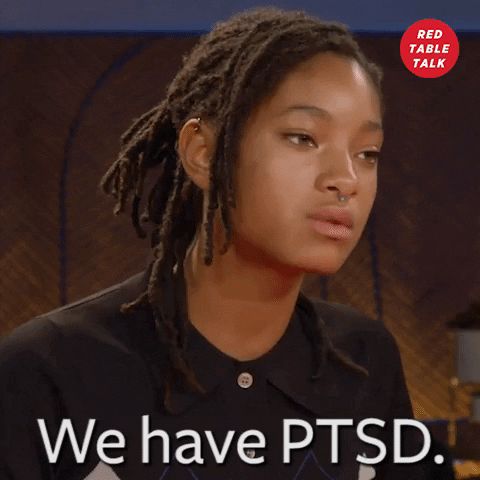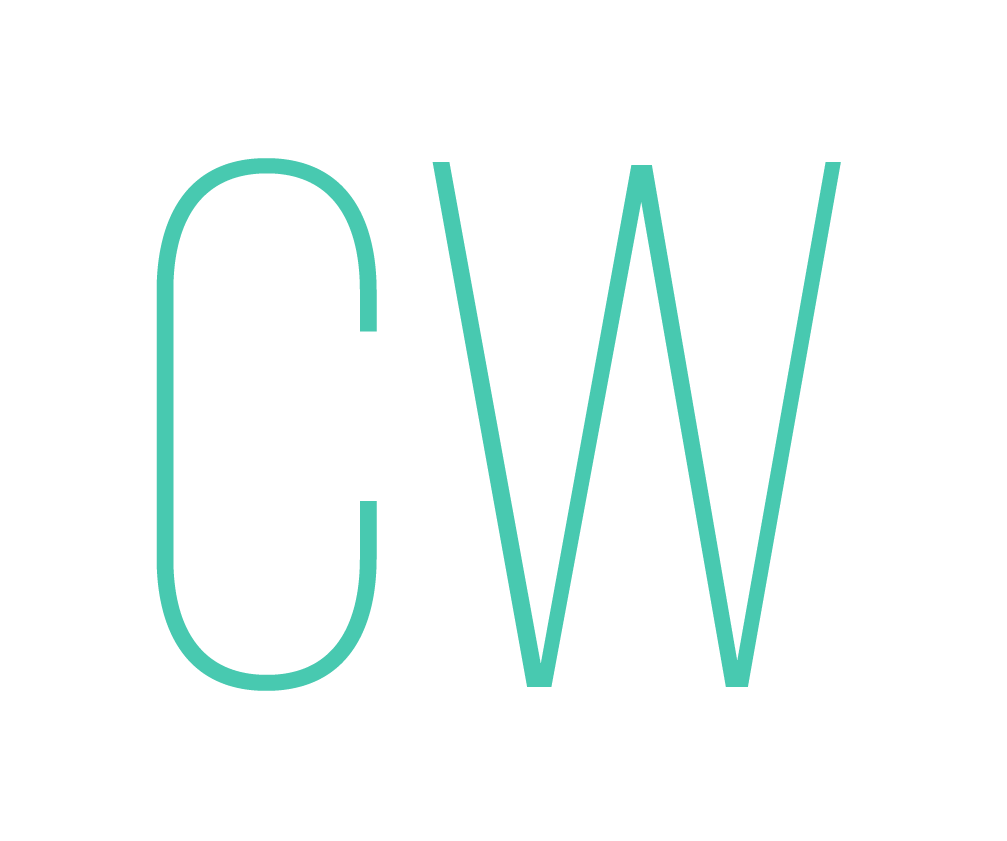Parental PTSD by Ori Lenkinski

*originally published in Hebrew in the Parental Choreography Column in Haaretz
Last week, I was planning on writing something about parental PTSD. I had run into a friend in the park whose son was struggling through phase-in in his first time in a nursery school situation. His mother told me, with tears in her eyes, that leaving him at school flashed her back to leaving him in the premature care ward in the hospital (we was born several weeks early).
I thought about all of the women I know who are carrying around some kind of traumatic baggage from their pregnancy, attempts to conceive, birth and afterwards.
And then my younger daughter broke her arm.
The idea about PTSD, which was mostly focused on others, snapped straight to me.
I conceived her after two miscarriages. The pregnancy was high risk. Her birth was dramatically fast, so much so that the doctors didn’t manage to catch her and she fell a short distance to the floor. She had to be evaluated following and was closely monitored for the first twenty-four hours.
And then, like the first time I gave birth, they presented us with a clear bassinet and a newborn and basically sent us on our way. I thought that, since everything had worked out for the best, I was fine; that those nightmare moments looking down at her with the wires attached to her teeny fingers, waiting for a brain ultrasound were behind me. But they weren’t.
My second child, who arrived later than I planned but was so worth the wait, is a natural extremist. She loves adrenaline. She has been jumping off things since she could stand up. In spite of being in the lowest percentiles size-wise, she takes on physical tasks someone twice her age wouldn’t dream of. And so, like on every other outing, on a regular Wednesday evening, she went to jump off a high step in a playground. She hesitated for a split second and fell forward, fracturing her humerus. It required surgery, three pins to stabilize the displaced bone and a huge cast, weighing almost as much as her whole body, to put her back together.
It is the most common break that kids endure. It is a routine surgery with little risk of complication and still, I found myself paralyzed by fear.
The type of conception, pregnancy and birth I experienced with her factor into the way I view her, the way I parent her, the anxieties I have that are specific to her. I feel there is something chasing me; that I narrowly escaped danger with her and that it is hanging over us.
A week after having my older child, we took her to Tipat Chalav (health services) to be weighed. The nurse went through all the questions about the birth and pregnancy. She weighed her and measured her. She asked about nursing. Then she turned to me and said, “and how are you?”
I didn’t know how to answer. The mere fact that she was asking about me struck me as absurd. From the moment the birth was finished, all the focus went to the baby.
“Are you functioning? Are you eating, drinking, getting dressed, showering? Do you find things funny at all?”
When I couldn’t answer, she turned to my husband.
“She’s fine,” he answered.
By the time the second child arrived there was a questionnaire covering basically the same topics that replaced these questions.
When I look around me, at the mothers I have come to know over the years, I don’t think I can name one who isn’t carrying around some kind of trauma from some part of the journey to having children. Whether it is about the discrepancies between the birth they planned and the one they had, the way their body changed, the nursing dilemmas or any other part, they have locked boxes of trauma in them.
That is pretty much it when it comes to the health care system’s efforts to check in on new mothers. When we are released from the hospital with a baby, we are told to make an appointment with a gynecologist for six weeks after to get a “release for physical activity”. That means sex.
At no point are we offered psychological treatment or evaluation. We are warned of postpartum depression, a big, clinical ailment that puts women in psych wards. But the absence of diagnosable postpartum depression does not mean that a woman is fully recovered or has tools to process what she has experienced.
In a correct health care system, one that values women as much as it values their husbands’ desires and their children’s’ health, a new mother would be released from the hospital with a referral for a series of meetings with a therapist who is trained in postpartum processing as well as a referral for pelvic floor physical therapy (a must!).
In these meetings, the mother would be able to talk through the experience of pregnancy, birth and early parenting. If the therapist saw an indication or need for further treatment, that would be covered by the mother’s health care plan.
We cannot expect women to be great moms if they are carrying around trauma. We cannot expect ourselves not to be insanely triggered by our children’s lives if we have not dealt with the pain and fear amassed by bringing them into the world. And, as a society, we cannot continue to turn a blind eye to the PTSD of mothers. We need to address it, care for it and about it, and start putting women in the center of the birth story, where they are and have always been, and let our health care reflect that rightful position.
